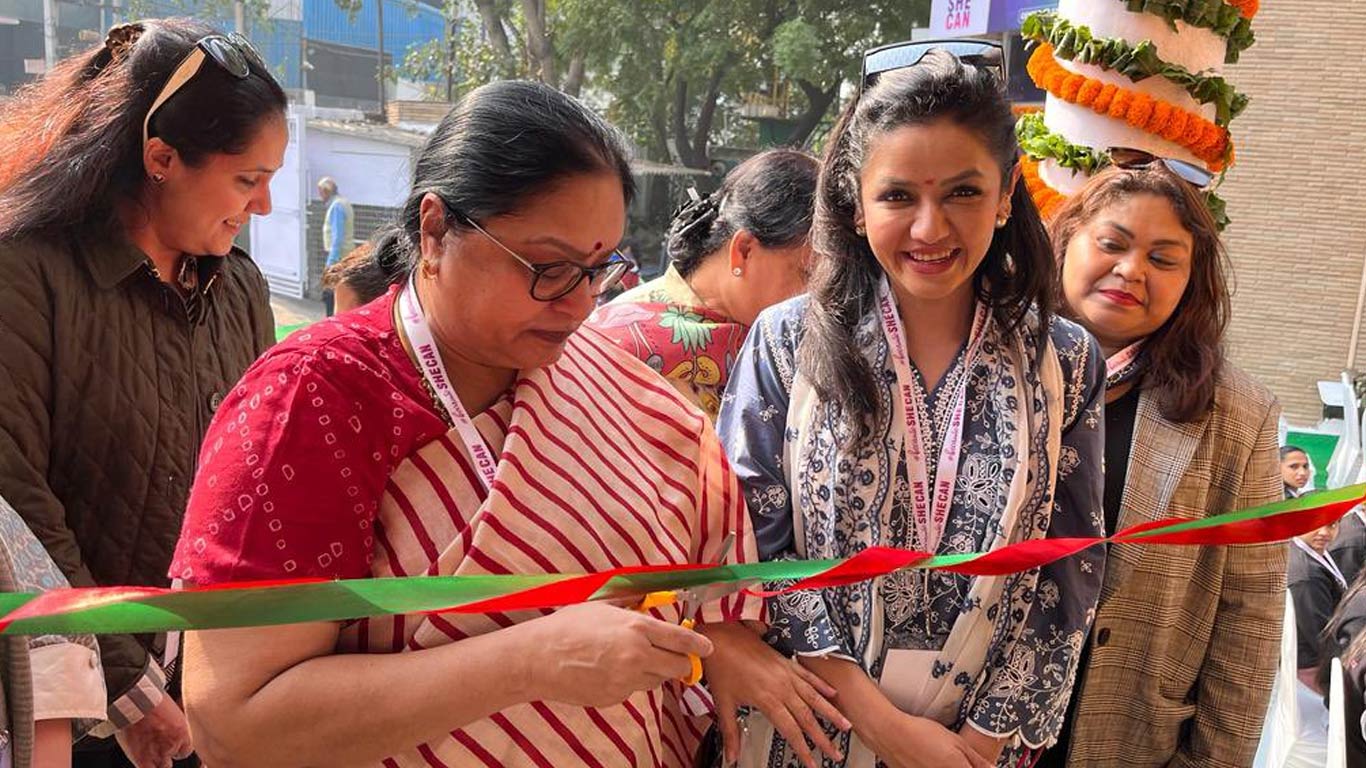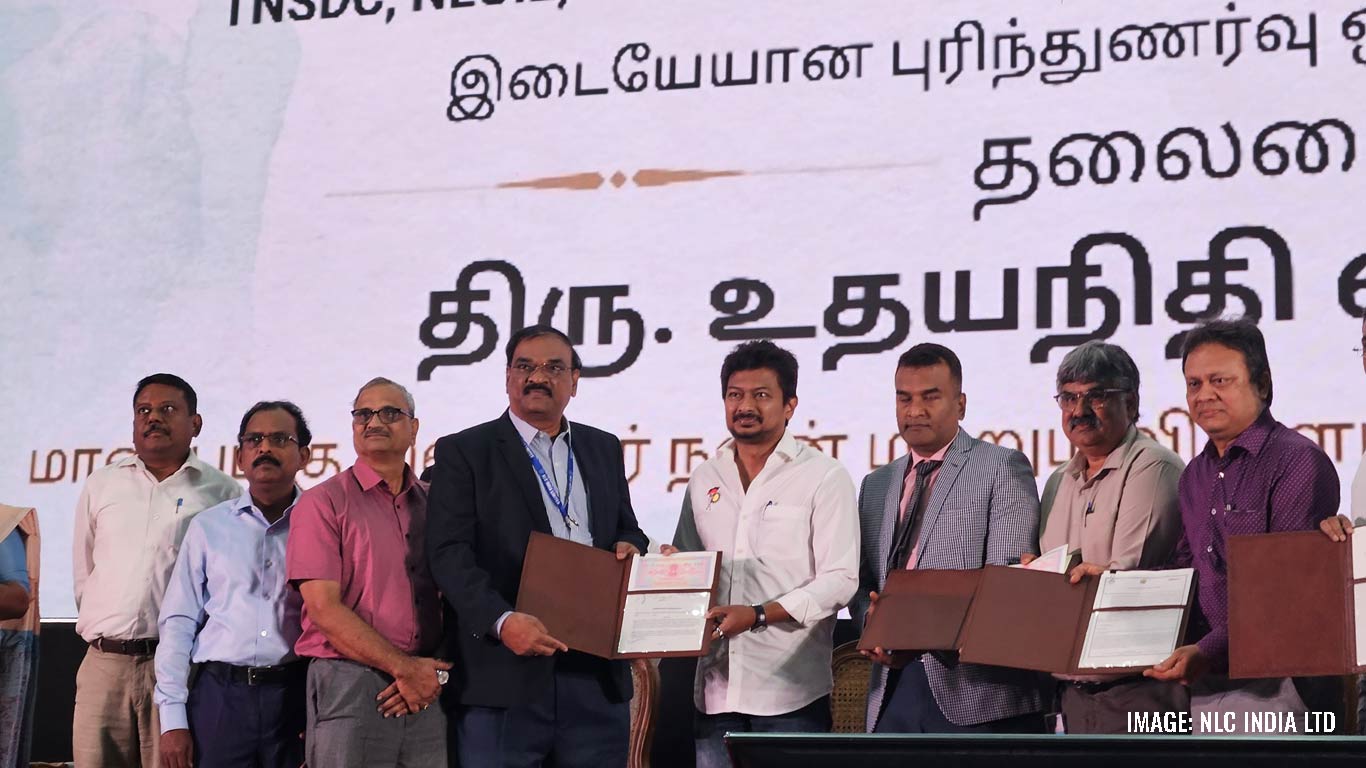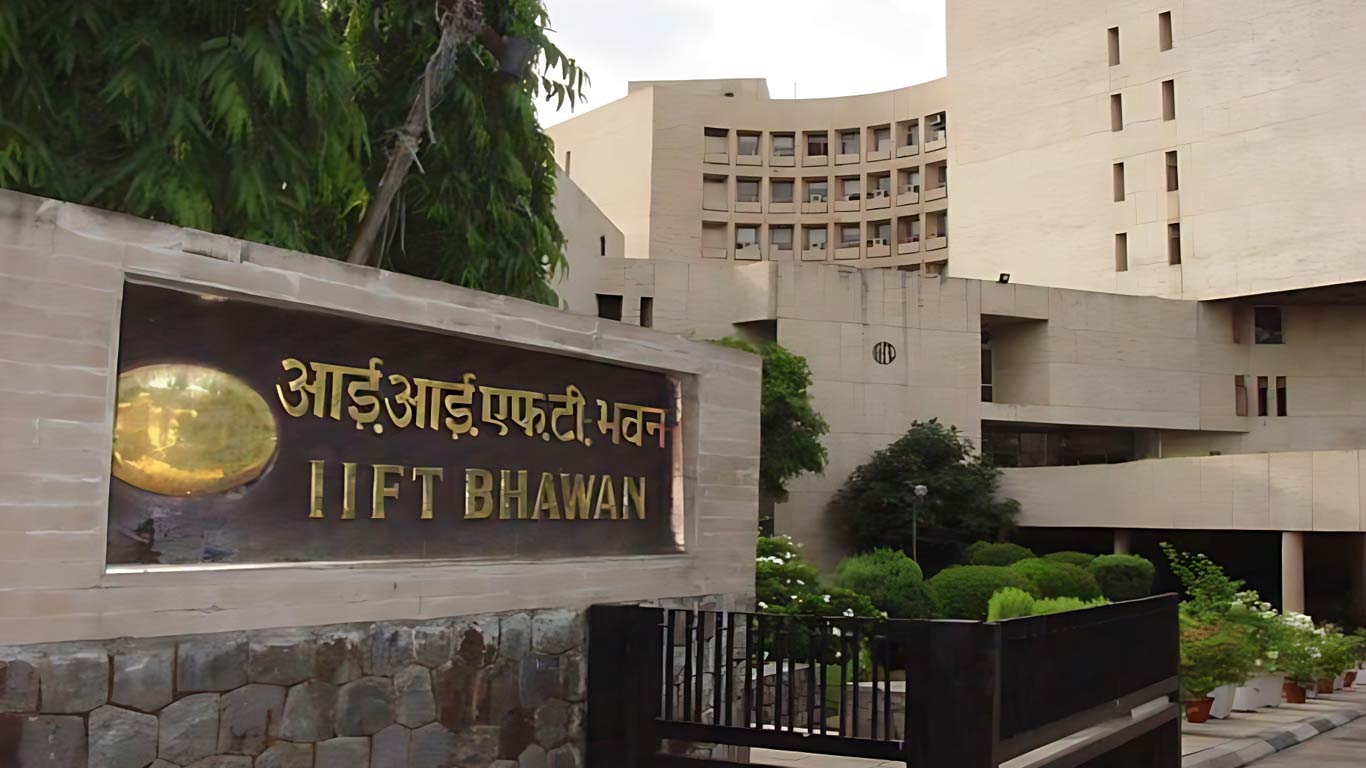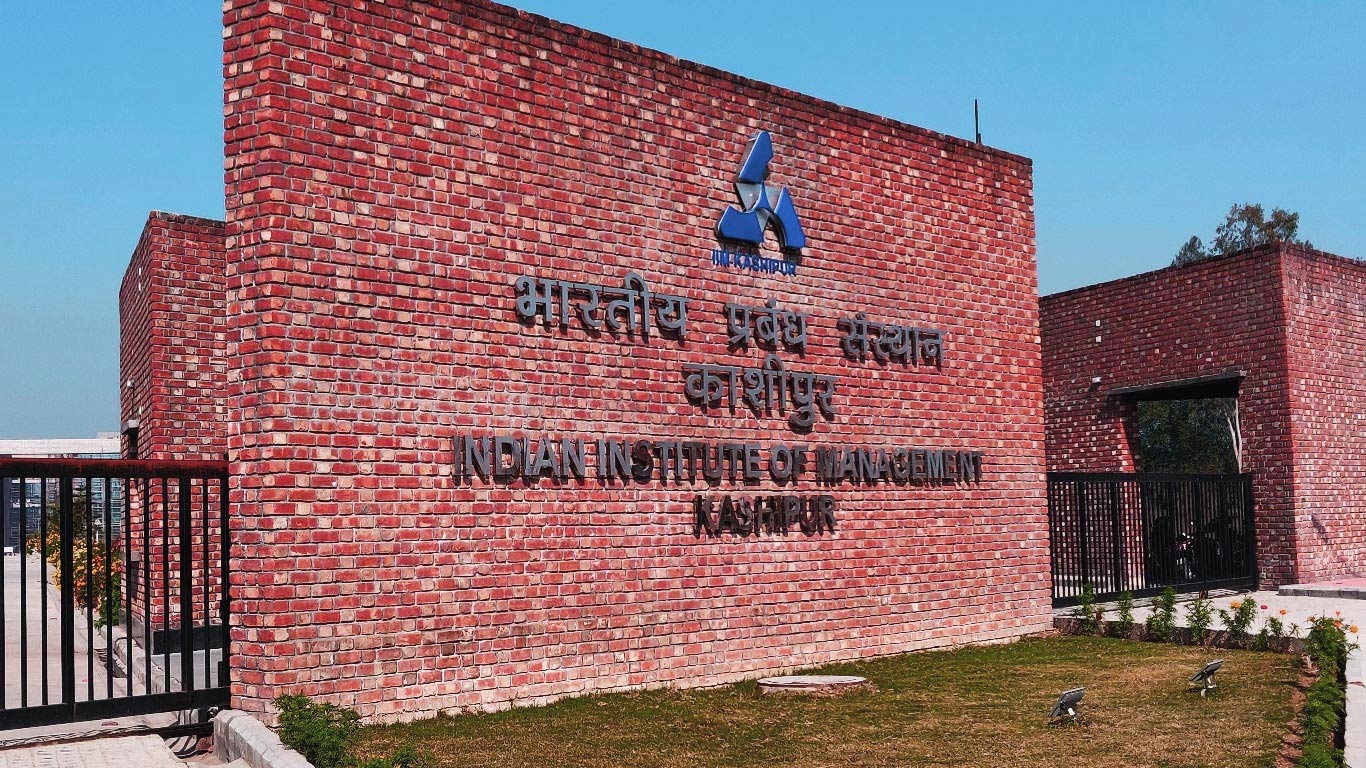India to contribute scientific expertise to polar research
Updated: May 18, 2013 05:41:04pm

India's participation, he said was for scientific purposes and not related to the global greed for oil.
Other countries besides India that were granted permanent observer status at a meeting held in Sweden on May-15 were China, Italy, Japan, South Korea and Singapore, a media report said.
However, as far as the European Union is concerned, a decision has been deferred, following opposition from Canada.
With the warming of the Arctic region, the north seas are now open for ships to travel – a notion that was considered impossible at one time. Global interest is attributed mainly to shipping, oil and exploration.
Reports suggest that Asian countries with shipbuilding industries are especially interested in developing closer links to the region and a place in the Council.
The Arctic region at one time was covered with a thick layer of ice that made it impossible for oil explorers to harness the enormous hydrocarbon deposits below the surface. However, owing to global warming and thinning of ice, it has put them on alert, making them view climate change as an opportunity regardless of the consequences.
Naturally, countries located close to Arctic Circle such as US, Canada, Norway, Russia, Denmark and Greenland have taken a lead in this direction.
The first Arctic Summit was organised in March in Oslo, Norway. During the meeting, scientists, indigenous communities and environmentalists sounded a note of caution on exploring the region's undiscovered natural resources.
Incidentally, India has had a research station there since 2008.
Climate change is a reality that the approximate 4.5 million residents of the region have to live with, the thinning ice making transportation and hunting extremely challenging.
The Inuits are the original inhabitants of the region who have learned to make do with what their difficult environment offers. They are represented by Aqqaluk Lynge, chair of the Inuit Circumpolar Council, who has appealed to countries in the Arctic Council to exercise caution and prudence in their desire to drill for oil or minerals.
Set up in the 1990s the Arctic Council has been mainly concerned with environmental matters, including climate change and pollution, both of which are being felt heavily in the Arctic regions.
Its eight permanent members are made up of the five coastal Arctic countries - Norway, Russia, Canada, US and Denmark. It also includes three non-coastal members - Finland, Iceland and Sweden.
Although it has limited power, the receding ice making it possible for wider exploration of the region presents an enormous challenge.
The Arctic region is believed to have up to 13 per cent of the world's undiscovered oil reserves and 30 per cent of undiscovered gas deposits.
The meeting Sweden resolved to compile a manual that will govern the activities and roles of the observers who although will not be able to directly raise issues, can bring them forward through one of the eight core members. (KNN)











